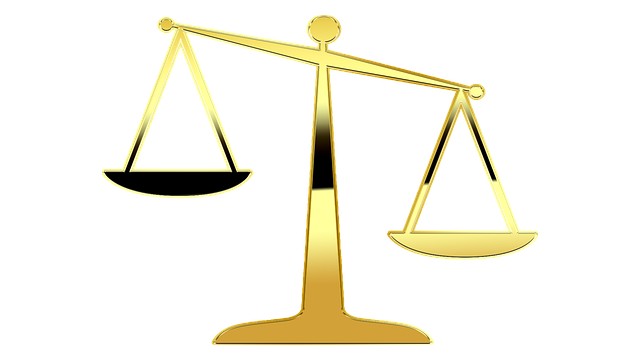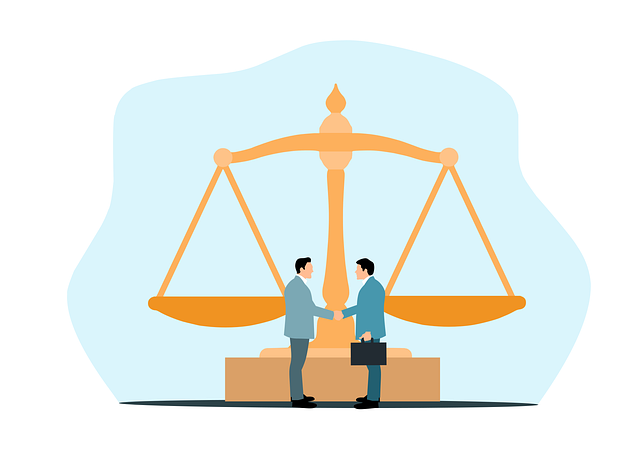A third-party workplace claim occurs when an employee sues non-employer entities or individuals for job-related injuries or damages due to negligence. These claims cover personal injury, property damage, and elder law issues. Navigating these requires strategic steps including defining legal basis, gathering evidence, choosing a legal strategy (mediation, arbitration, litigation), meticulous record-keeping, and expert legal counsel. Strategic preparation like documenting incidents and consulting specialized legal experts can streamline the process, ensure compliance, protect against counterclaims, facilitate fair settlements, and minimize operational impacts.
“Uncover the comprehensive guide to navigating and understanding third-party workplace legal claims. This insightful article demystifies a complex topic, offering a step-by-step breakdown of the process. From recognizing potential claims—such as discrimination, harassment, or wrongful termination—to filing a formal complaint, we provide crucial insights. Learn effective strategies for building a robust case and ensuring your rights are protected in the event of an employment dispute. Empower yourself with knowledge and navigate these legal waters confidently.”
- Understanding Third-Party Workplace Claims: What They Are and When They Arise
- Navigating the Legal Process: Steps Involved in Filing a Claim
- Strategies for Success: Building a Strong Case and Protecting Your Rights at Work
Understanding Third-Party Workplace Claims: What They Are and When They Arise

In the realm of workplace legal claims, a third-party claim refers to a situation where an employee or former employee files a lawsuit against a non-employer entity or individual due to injuries or damages sustained at work. These claims arise when there’s negligence or liability on the part of someone other than the direct employer, leading to physical harm or financial loss. For instance, if an employee slips and falls because of a defective product in the workplace provided by a third party, they might pursue a legal action against that supplier or manufacturer as a third-party claim.
Understanding when these claims come into play is crucial for both employees and employers. Third-party workplace claims can encompass various scenarios, including personal injury cases where an employee suffers bodily harm due to another’s negligence, property damage caused by a third party on the job site, or even cases involving elder law issues if elderly workers are affected. Retaining a competent personal injury attorney or accident lawyer becomes pertinent in navigating these complex legal matters, ensuring that all rights and remedies available under the law are explored and pursued effectively.
Navigating the Legal Process: Steps Involved in Filing a Claim

Navigating the legal process for a third-party workplace claim involves several crucial steps. The journey begins with identifying and understanding the specific legal basis for your claim, whether it’s related to personal injury, such as slip and fall injuries, or complex matters like real estate litigation and wrongful death claims. Once grounded in the applicable laws, the next step is to gather comprehensive evidence, including medical records, witness statements, and relevant company policies, which will be pivotal in supporting your case.
Following this, you’ll need to select an appropriate legal strategy. This might involve mediation, arbitration, or formal litigation. Each approach has its pros and cons, so choosing the right path depends on the circumstances of your claim. Throughout this process, it’s essential to maintain meticulous records and consult with a qualified attorney who specializes in workplace law to ensure compliance with legal requirements and maximize your chances of a favorable outcome.
Strategies for Success: Building a Strong Case and Protecting Your Rights at Work

Navigating a third-party workplace claim can be a complex process, but with the right strategies, employees and employers alike can protect their rights. Building a strong case starts with thoroughly documenting all incidents or grievances—from informal complaints to detailed records of harassment or unsafe working conditions. These documents serve as evidence, helping to establish a clear timeline and context for the issue at hand.
Additionally, seeking legal counsel from an experienced auto accident attorney or elder abuse specialist can be invaluable. These professionals can provide guidance tailored to specific types of third-party workplace claims, such as wrongful death claims, ensuring that all legal requirements are met. They also offer protection against potential counterclaims and help in negotiating settlements that fairly compensate for damages while minimizing negative impacts on professional reputations and business operations.
A third-party workplace claim is a significant process that requires understanding, strategy, and legal expertise. By familiarizing yourself with these claims, their triggers, and the necessary steps, you can navigate the complexities of the legal system effectively. Armed with knowledge and the right strategies, employees and employers alike can protect their rights and secure favorable outcomes. Remember, each case is unique, so seeking professional guidance is essential for building a strong case and ensuring the best possible resolution.






